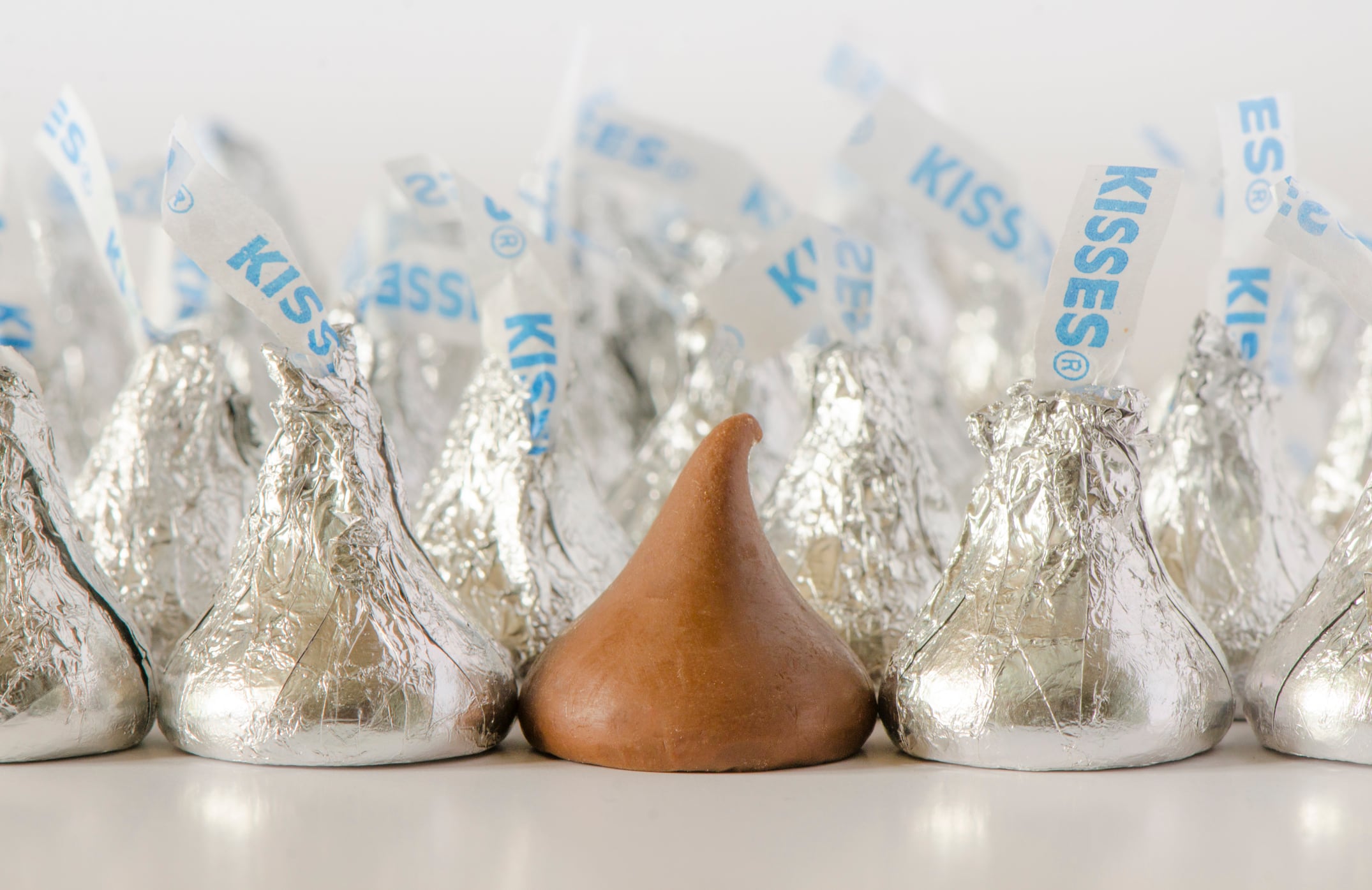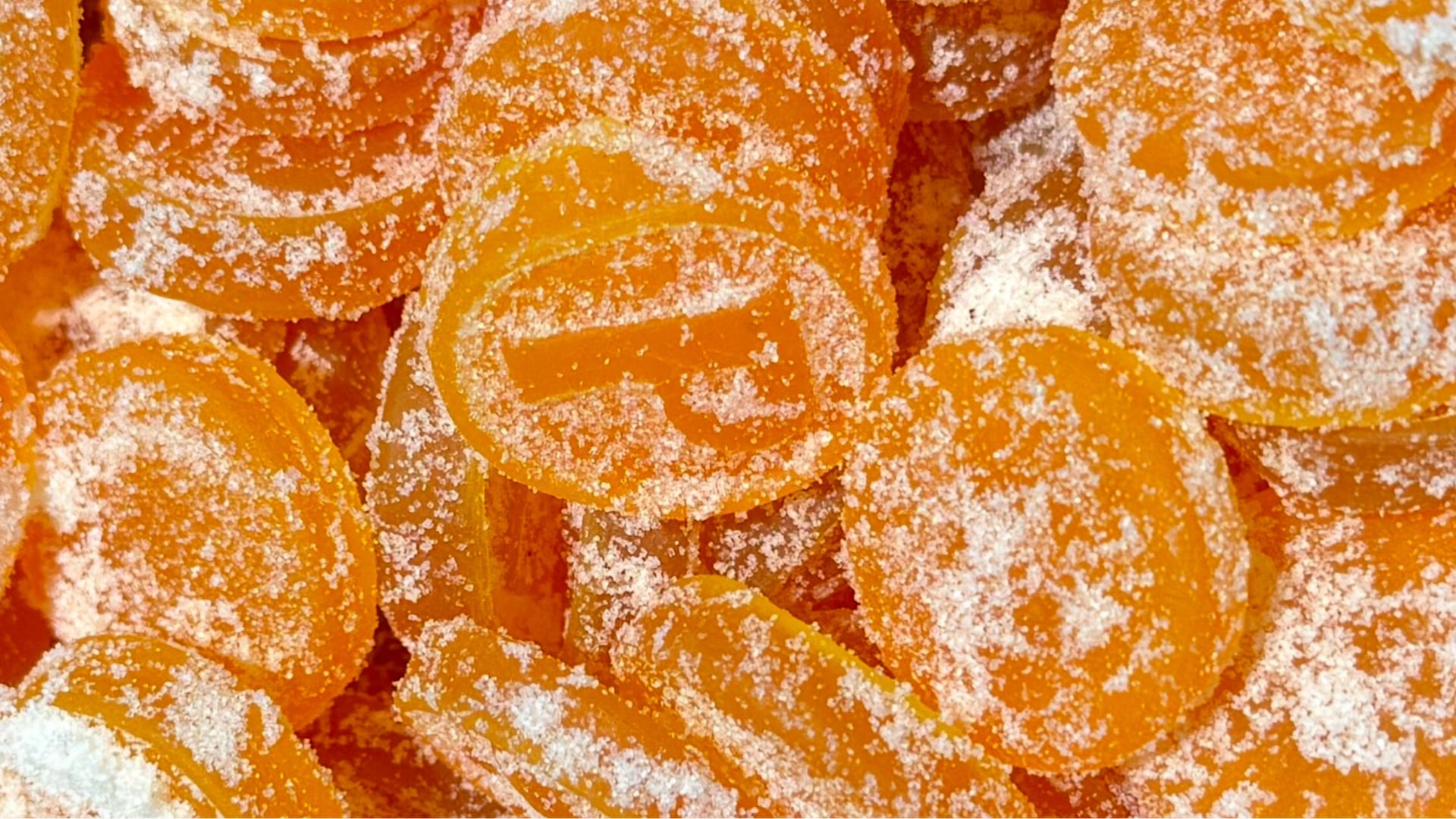On May 1, 2025, global confectionery giant The Hershey Company released its financial results for the first quarter ending March 30, 2025.
“I am pleased with the progress we are making on our key strategic initiatives for the year,” said Michele Buck, president and CEO of The Hershey Company.
Hershey, one of the world’s most recognisable confectionery brands, is navigating rising cocoa prices and increasing pressure on profit margins. Despite these headwinds, the company is continuing to invest in its growing better-for-you portfolio to meet demand for healthier snacks and treats.
“Despite heightened cost pressure, our strong balance sheet gives us the flexibility to invest in the business and pursue strategic acquisitions that support long-term value creation,” Buck added.
Hershey reported net sales of $2.8bn in the first quarter of 2025 – down nearly 14% year-on-year. Net income fell sharply to $224m, a 72% drop compared to the same period in 2024. Organic sales, excluding currency effects, were also down by more than 13%.
US tariffs weigh on outlook
A key difference between Hershey’s performance this year and last is the impact of new US tariffs introduced by the Trump administration. The increased duties on imported confectionery products are creating long-term uncertainty for global brands.
Higher import costs, potential trade disputes and tighter market access are now part of the landscape. Hershey acknowledged this in its outlook for the rest of the year, noting that projections for net sales and earnings are based on current tariff conditions and don’t factor in any future changes.
Retaliatory tariffs are also a concern. China, for example, has responded to US moves with its own increases – hiking some tariffs as high as 125%.
Looking ahead to the second quarter, Hershey estimates it will face $15m–$20m in additional tariff expenses. The company is also forecasting a 40% drop in reported earnings per share and a mid-30% decline in adjusted earnings per share. It expects net sales to grow by at least 2% over the full year.
Hershey’s effective tax rate for the quarter was around 16%, reflecting what it calls a shifting global business and tax environment.
Sour sweets, seasonal trends support sales
There were bright spots in the results. Hershey’s acquisition of fast-growing sour candy brand Sour Strips in November 2024 is expected to contribute modestly to sales growth in 2025. The brand, known for its social media-savvy presence and slogan “sour candy that doesn’t suck”, is gaining traction with younger consumers.
Candy, gum and snack brands also performed better than expected, helped by seasonal demand. “Consumption in the quarter exceeded our expectations in US candy, mint and gum, as well as salty snacks – led by strong results from Dot’s and SkinnyPop,” Buck said.
North America remains Hershey’s largest market, where the company brought in $2.3bn in Q1 – a 15% decline from the same period in 2024. Hershey attributes this to inventory build-ups last year ahead of an ERP system upgrade, a later Easter in 2025, and two fewer shipping days compared to the previous year.
Hershey’s confectionery segment earned $696m in the quarter, down 27% year-on-year. The drop was driven by lower sales volumes, higher commodity and production costs, and what the company described as “an unfavourable mix”. These factors outweighed savings from lower ad spending, productivity gains and transformation programme benefits.
A delayed Easter also led to a 4.2% dip in US candy, mint and gum sales through retail and convenience store channels, with market share in this category down 44 basis points. However, seasonal demand still helped performance come in slightly above expectations.
Hershey to acquire organic snack brand LesserEvil
The Hershey Company has agreed to acquire LesserEvil, a US-based maker of organic, clean-label popcorn and savoury snacks. The deal will strengthen Hershey’s presence in the better-for-you snacking space and add to its growing portfolio, which includes SkinnyPop and Dot’s Pretzels. The transaction is expected to close later in 2025, subject to regulatory approval.




